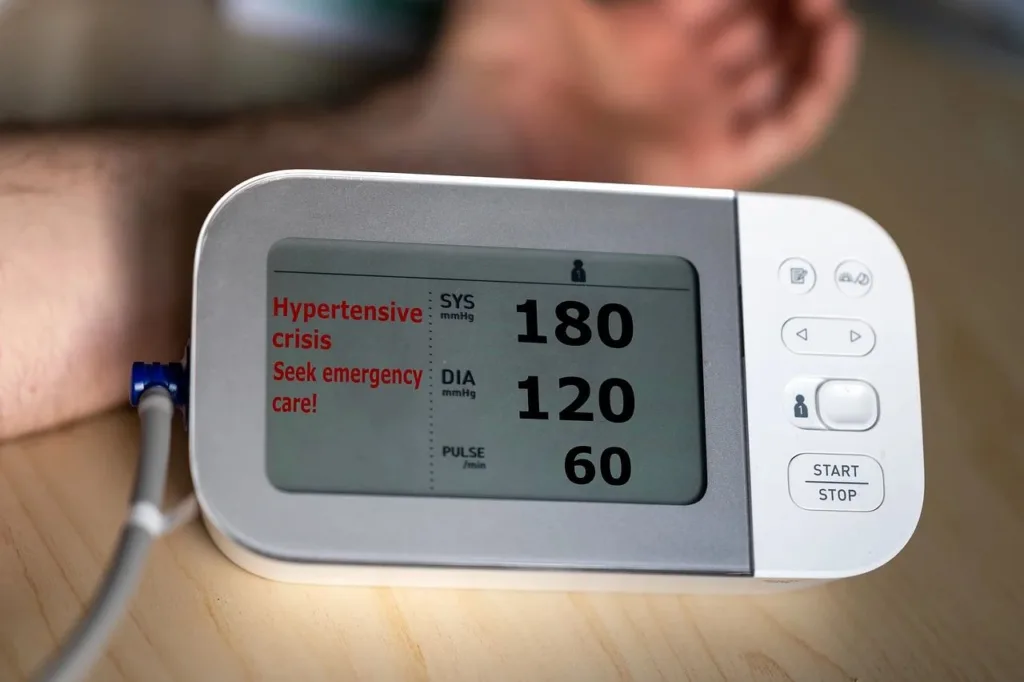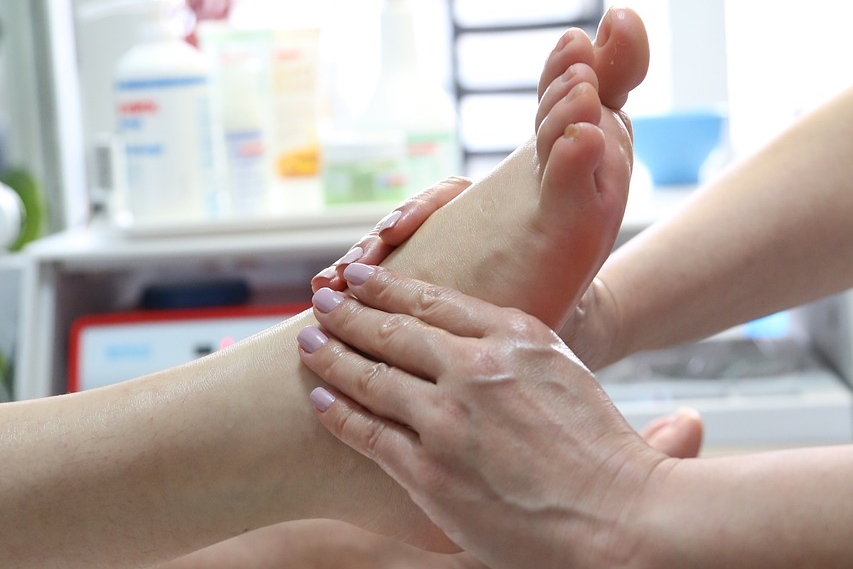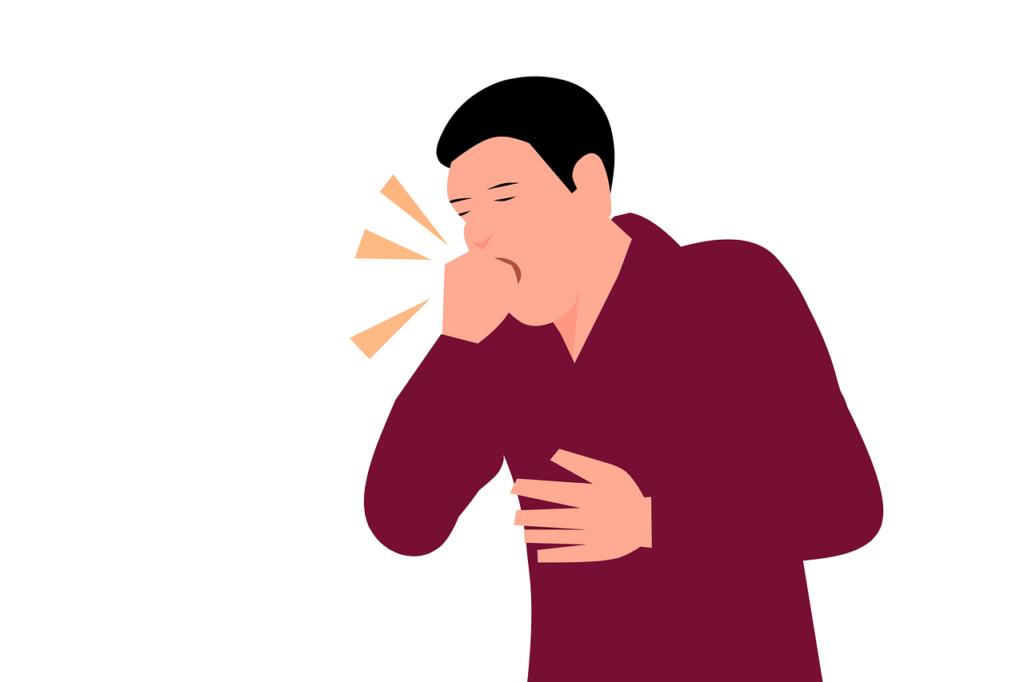In today’s fast-paced lifestyle, several diseases creep up on us without our knowledge. This is primarily due to our hurried lifestyle and changes in dietary habits. We often disregard the traditional practices followed by our ancestors, which contributes to the onset of various health problems.
In this article, we will focus on ‘The Silent Killer Disease’ also known as Hypertension, which can be life-threatening if left untreated.
What is Hypertension?
Hypertension is a condition where the blood pressure in the arteries remains high over an extended period. This can damage the arteries and lead to various health complications.

Symptoms
- Hypertension is often referred to as the ‘silent killer’ because it usually does not present any obvious symptoms. However, some common symptoms include:
- Dizziness
- Tingling sensation
- Fatigue in the hands and feet
- Headache
- Shortness of breath
- Chest pain
- Blurred vision
- Nosebleeds
Causes
The exact cause of hypertension is not fully understood. However, several factors can contribute to its development, including:
- Genetic factors
- Diet
- Obesity
- Physical inactivity
- Smoking
- Excessive alcohol consumption
- Stress
- Kidney disease
- Thyroid problems
Siddha Perspective on Hypertension:
In Siddha medicine, hypertension is attributed to an imbalance of ‘Vata’, ‘Pitta’, and ‘Kapha’ doshas.
- Vata Dosha: When Vata, associated with air and movement, is imbalanced, it can cause anxiety, stress, and irregular blood flow, contributing to hypertension.
- Pitta Dosha: Imbalanced Pitta, linked to fire and heat, can lead to excessive heat in the body, potentially constricting blood vessels and raising blood pressure.
- Kapha Dosha: Kapha, representing earth and water, when deranged, can lead to accumulation of water and toxins in the blood, increasing blood volume and pressure.
In the Siddha system of medicine, Saint Yugi has mentioned about 42 types of Pitha diseases, among which: Uratta pitta vadham can be compared and correlated with Essential hypertension.
மூர்க்கமாங் கோபமது மிகவுண் டாகு
முனையாக வடிக்கடிக்குச் சண்டை கொள்ளும்
ஆர்க்கமாய்க் கூவியே விரைச்ச லாகு
மாதான பாதாளம் பேதி யாகும்
நார்க்கமாய் நன்மைதுன்மை தோன்றா மற்றான்
நலக்கமாக் கண்சிவக்குந் தூக்க மில்லை
ஊர்க்கமா யுடம்புதூ லிக்கு முப்பு
முரத்தபித்த வாதத்தி லுண்மை தானே
Excessive anger and frequent quarreling
Rumbling and frequent bowel movements,
Difficulty distinguishing right from wrong
Squinting, Sleeplessness, Edema, with the body swelling progressively throughout the day.
Risk Factors
- Age: The risk of hypertension increases with age.
- Family history: Having a family history of hypertension increases your risk.
- Race: African Americans, Hispanics, and Native Americans are more likely to develop hypertension.
- Gender: Men are more likely to develop hypertension than women.
- Obesity: Being overweight or obese increases your risk of hypertension.
- Physical inactivity: Lack of physical activity increases your risk of hypertension.
- Smoking: Smoking increases your risk of hypertension.
- Excessive alcohol consumption: Drinking too much alcohol increases your risk of hypertension.
- Stress: Chronic stress can increase your risk of hypertension.
Diagnosis
Hypertension is diagnosed by measuring blood pressure. Blood pressure is measured in two numbers: systolic and diastolic.
Systolic blood pressure is the pressure when your heart beats.
Diastolic blood pressure is the pressure when your heart is at rest.
A blood pressure reading of 120/80 mm Hg or lower is considered normal. A blood pressure reading of 130/80 mm Hg or higher is considered high blood pressure.
Complications
If left untreated, hypertension can lead to various serious health complications, including:
- Heart disease
- Stroke
- Kidney disease
- Eye damage
- Dementia
Treatments
Hypertension can be effectively managed with lifestyle changes and medication.
Lifestyle Changes:
- Adopting a healthy diet
- Regular exercise
- Maintaining a healthy weight
- Quitting smoking
- Limiting alcohol consumption
- Managing stress
Medications
In some cases, medication may be necessary to control blood pressure. There are various types of medications available, and your doctor will recommend the most suitable option based on your individual needs.
Siddha treatments
Siddha utilizes various herbs to address specific imbalances, like:
Vata-pacifying herbs: Ashwagandha, Brahmi, Shankhapushpi, to calm the mind and improve circulation.
Pitta-balancing herbs: Sariva, Guduchi, Punarnava, to reduce inflammation and cool the body.
Kapha-reducing herbs: Punarnava, Triphala, Mustaka, to eliminate excess water and toxins.


some specific yoga exercises that may be beneficial for hypertension:
- Pranayamam
- Singasanam
- Savasanam
- Patchi mothaasanam
- Bhujangasanam
Conclusions
Hypertension is a serious health condition that can have significant consequences if left untreated. By understanding the risk factors, symptoms, and treatment options, you can take proactive steps to manage your blood pressure and live a healthy life.
Note: This is a general overview of hypertension. Please consult a specific healthcare professional for personalized advice and treatment.


Dr. Augastina B.S.M.S., PGDY, is a passionate Siddha Doctor with a heart of gold. She believes in healing one step at a time. In her writing, you’ll find not just knowledge, but genuine care and a holistic approach to health and well-being.

